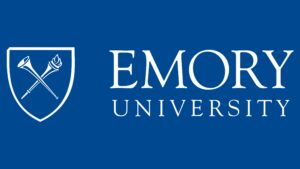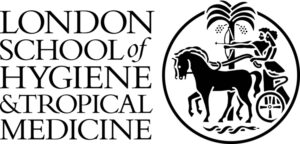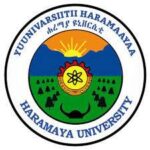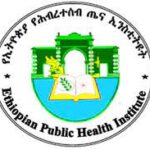Hararghe Health Research Partnership (HHR) is established between Haramaya University and London School of Hygiene and Tropical Medicine (LSHTM) in 2017. The partnership aims to strengthen surveillance capacity, ensure best practice in research and inform public health policy in maternal and child health in Eastern Ethiopia.
In the beginning HHR was developed to establish the Child Health, Pregnancy and Mortality Prevention Surveillance (CHAMPS) program in Ethiopia, together with the Ethiopian Public Health Institute, and as part of a global network led by Emory Global Health Institute and funded by the Bill & Melinda Gates Foundation.
The name Hararghe is adapted from the name of the area that covers most of the eastern Oromia, Harar and Dire Dawa areas in Eastern Ethiopia. HHR operates in two regional states; Oromia and Harari regional states. In the Oromia region, Kersa and Haramaya woredas of the East Hararghe Zonal administration, and in the Harari region, twelve kebeles (villages) are in the catchment area.
Under the catchment area, HHR is working with 323,058 total populations in 61,134 households and has 169 interdisciplinary professionals, well-organized IT management system and ISO/IEC 15189: 2012 accredited laboratory. To date, HHR conducted fifteen projects, with four successfully completed . Currently, eleven studies focusing on enhancing maternal and child health are In Progress .
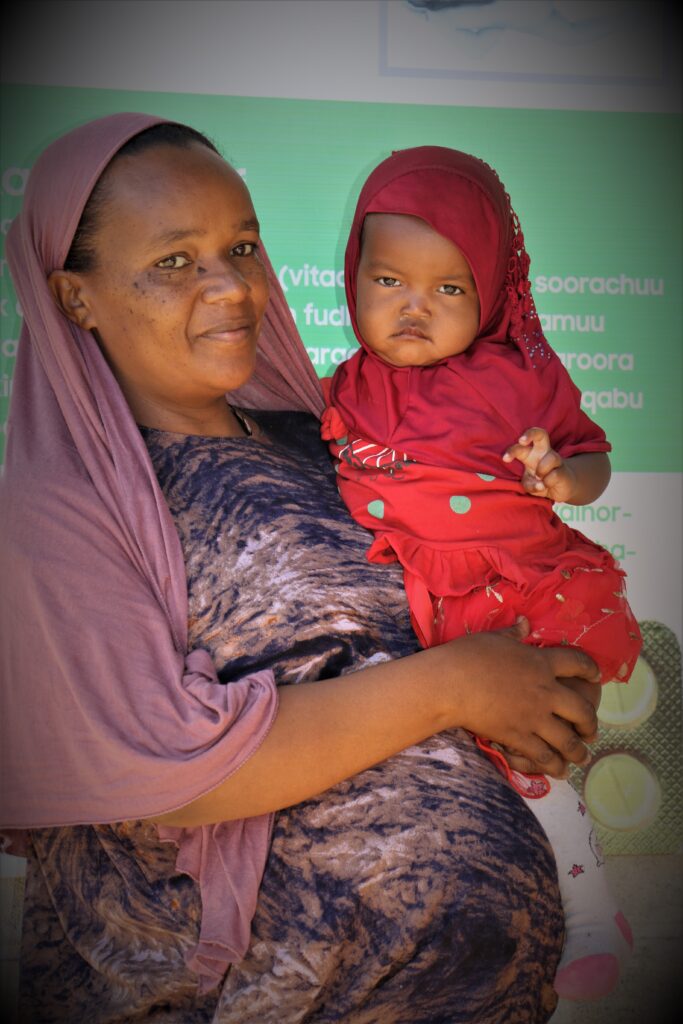
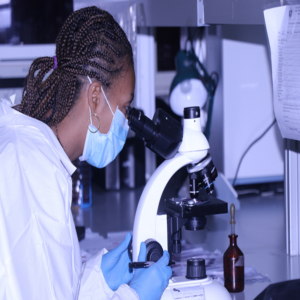
Vision
Evidence based best practice in maternal and child health

Mission
Produce cutting-edge health information for maternal and child health decision making at all levels
Want to know ?
Where HHR works?
HHR works in three sites: in Harari region Harar city, and in Kersa and Haramaya woredas of the Oromia region.
Research findings
The research findings undergo in a rigorous process to ensure credibility and reliability in addressing maternal and child health issues. Trough meticulous data collection, ethical oversight, and advanced analysis, HHR produces accurate and trustworthy results that inform policies, interventions, and scientific discussions.
How HHR operates?
HHR takes a comprehensive approach to improving maternal and child health in Eastern Ethiopia. Research in HHR is guided by community advisory board members to ensure respect for local norms and customs. With scientific ethical approvals from LSHTM and Haramaya University, HHR guarantee the accuracy and integrity of its studies. Data is digitally collected, securely stored in an organized IT system with advanced data management system, samples are processed in an ISO 15189:2012 accredited laboratory, and analyzed by multi-disciplinary team using cutting-edge technologies. The findings are then communicated from the family level to the international community, influencing policies, interventions, and scientific discussions. By following these steps, HHR ensures that its research is thorough, ethical, and impactful.
Next step
HHR interprets its data to drive community engagement and impact activities, policy changes and interventions with a focus on improving maternal and child health in Ethiopia. Through its unique Data-to-Action approach, HHR undertakes a range of activities, including advocacy, consulting, collaboration, and empowerment of stakeholders. These efforts span from grassroots family levels to the international community, ensuring comprehensive and effective interventions in maternal and child health.
Partners
Subscribe to HHR's Newsletter
Stay in touch with us to get latest news and special offers.
Address
Haramaya University
College of Health and Medical Sciences
Harar, Ethiopia
Call Us
+251258670395
Email Us
info@hararghe.org

